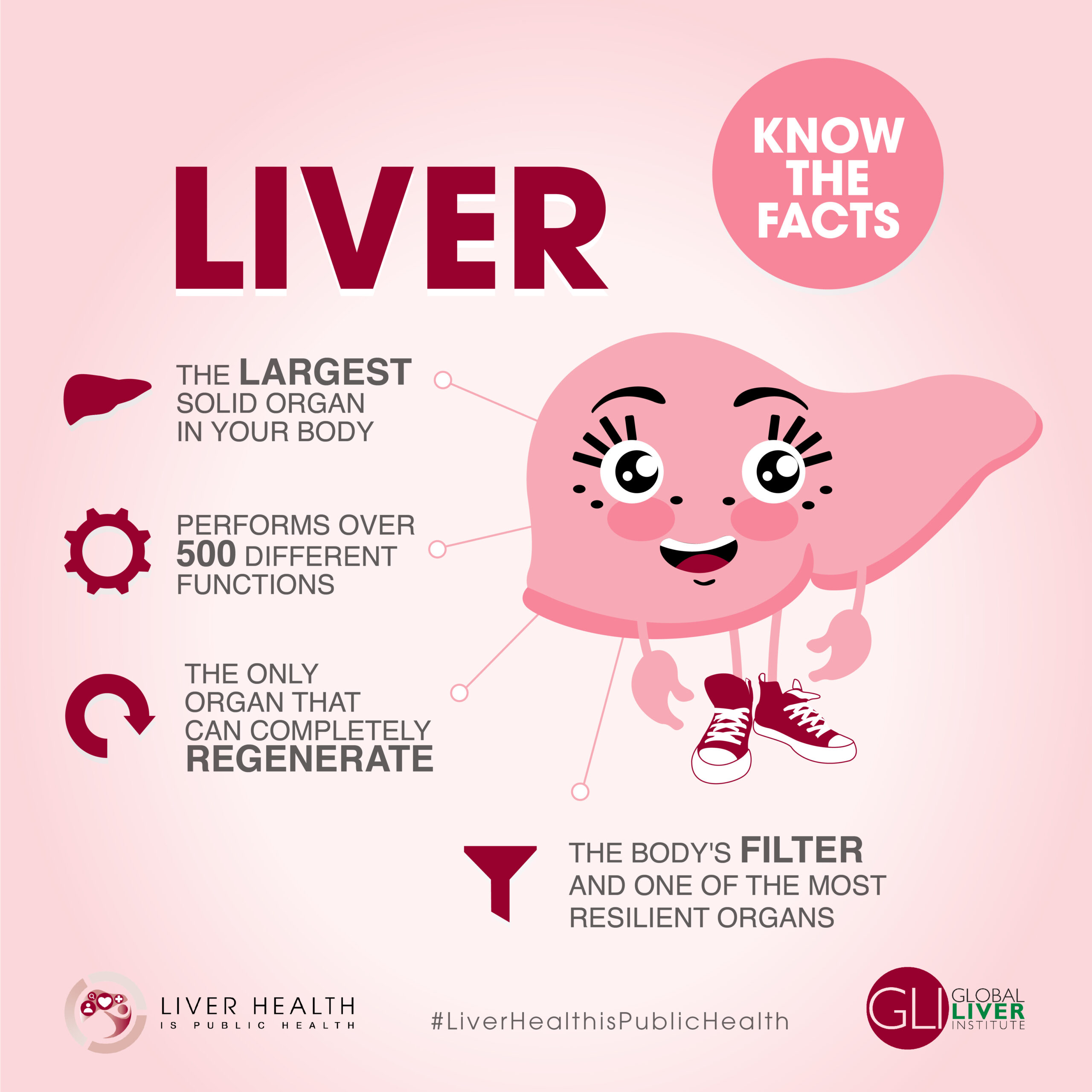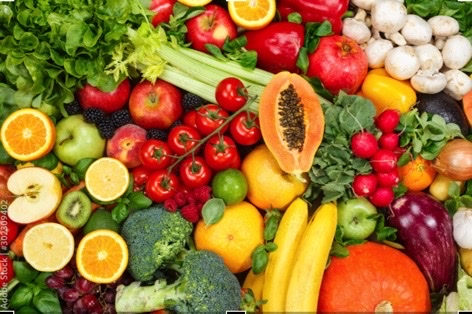Healthy Eating, Healthy Liver: The Links Between Nutrition and Liver Wellness
Maintaining optimal liver health is crucial, given the liver’s pivotal role as a major detoxifying organ. The liver, being a primary filter of toxins and chemicals that pass through the body, is influenced by an individual’s dietary choices. One of the best ways to understand how important nutrition is to liver health is to grasp the impact of inflammation and the importance of antioxidants on the liver. Research on antioxidants in liver health shows that antioxidants, found in foods like fruits, vegetables, nuts, and seeds, help the liver fight off harmful molecules called free radicals which are important in preventing damage caused by oxidative stress, thereby protecting against the onset of liver diseases. Recognizing how inflammation affects liver health, as shown in the study Liver immunology and its role in inflammation and homeostasis, shows the importance of controlling inflammatory reactions to reduce the chance of liver diseases. Dietary factors directly impact antioxidant levels and inflammatory pathways, so nutrition is key to liver health and well-being.
Essential Nutrients for Liver Health
| Nutrient | Function | Sources |
| Antioxidants | Protect liver cells, reduce inflammation | Fruits, vegetables, nuts, seeds |
| B vitamins | Essential for liver function, metabolism of fats, proteins, and carbohydrates | Whole grains, meat, fish, eggs, legumes, leafy greens |
| Choline | Aids in fat metabolism, cholesterol transport | Eggs, fish, nuts, poultry |
| Lean Protein | Assists in liver repair and regeneration | Legumes, fish, tofu |
| Magnesium | Regulates liver enzyme function, supports detoxification | Leafy greens, nuts, seeds, whole grains |
| Omega 3 Fatty Acids | Reduces inflammation, supports liver health | Fatty fish (salmon), flaxseeds, walnuts |
| Zinc | Supports detoxification, immune system regulation | Various sources such as meat, nuts, seeds, whole grains |
Liver-Friendly Foods
| Food | Function | Sources |
| Fruits | High in antioxidants and vitamin C, protects liver cells from damage | Various fruits such as berries, citrus fruits |
| Garlic, parsley, cinnamon, and other herbs and spices | Support liver detoxification processes, reduce inflammation | Garlic, parsley, cinnamon, various herbs and spices |
| Green tea | Rich in antioxidants, protects cells from damage | Tea bags or loose-leaf tea, bottled beverages, supplements, and infused dishes |
| Healthy fats | Possess anti-inflammatory properties | Avocados, nuts, olive oil |
| Leafy green vegetables | Rich in antioxidants and fiber, reduces inflammation | Broccoli, Brussels sprouts, kale |
| Turmeric | Contains curcumin, and provides anti-inflammatory and antioxidant properties | Key ingredient in many curry blends and is used to flavor dishes such as rice, soups, and vegetables |
| Whole grains | High in fiber and nutrients, regulate blood sugar levels, promote metabolic health | Brown rice, oats, whole wheat |
Foods to Limit or Avoid
| Food | Function | Sources |
| Alcohol | Destroys liver cells, reduces renewal capacity, leads to liver disease | Alcoholic beverages |
| Fructose/refined sugar | Contribute to weight gain, insulin resistance, fatty liver disease | Sodas, sweetened drinks, fruit juices, candy, many sauces, etc. |
| High-sodium foods | Leads to fluid retention, and worsens liver conditions | Fast food, processed meats, canned soups |
| Trans fats | Increased inflammation, contributes to liver damage | Packaged baked goods, fried foods, butter |
| Ultra-processed foods, also known as UPFs | Contribute to liver inflammation, fatty liver disease | Fast food, fried foods, sugary snacks |
| Uncooked shellfish | Pose risk of foodborne illnesses, especially for immunocompromised individuals | Oysters, clams, mussels, scallops, etc. |
Summary
The liver plays a crucial role in detoxifying the body, highlighting the importance of maintaining its health with proper nutrition and lifestyle choices. Antioxidants and anti-inflammatory foods protect liver cells, whole foods and essential nutrients like lean protein, omega 3 fatty acids, and B vitamins support liver function. Conversely, alcohol, processed foods, and trans fats can harm the liver. Lifestyle factors such as hydration, regular exercise, adequate sleep, and stress management are vital for liver health, helping prevent fatty liver disease and damage.


